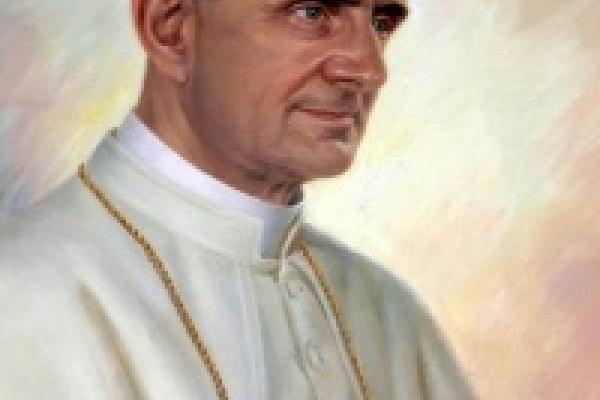It’s almost a year since Pope Francis was chosen as Benedict XVI’s successor. The Argentinian-born pontiff has quickly achieved global fame for his numerous statements indicating that significant changes may be coming to the Roman Catholic Church.
One possible change emerged last month when London’s Sunday Times reported that Francis wants to make public the Vatican’s archives of Pius XII’s pontificate. Eugenio Pacelli became pope in 1939 and served as pontiff during the period of World War II and the Holocaust until his death in 1958.
According to the British newspaper, Francis wants to release the Pius XII papers for study before determining whether to consider his controversial predecessor for sainthood. Francis has already “fast-tracked” the path to sainthood for John XXIII and John Paul II, but not Pius XII.
The wartime pope’s actions and inactions regarding the endangered Jews of Europe remains an often-bitter divisive issue in today’s relationship between the church and the Jewish people. Catholic and Jewish historians have both criticized and defended Pius XII’s record.
His critics charge Pius XII failed to publicly denounce the mass murder of Jews or to provide sufficient assistance to protect them from the Nazis. The pope’s defenders maintain that his actions, some still unknown to the public, included hiding Jews in Catholic institutions, including convents and monasteries, as well as working behind the scenes to save Jewish lives.
The Vatican has released some classified documents but has still kept secret thousands of pages of archival material pertaining to World War II. In 2006, Benedict XVI opened the files on Pacelli’s predecessor, Pius XI, who was pope between 1922 and 1939. Within these are documents relating to the career of Pacelli when he served as the papal nuncio or ambassador to Germany between 1917 and 1929, and when he was Vatican secretary of state in the decade before his election to the papacy just six months before the outbreak of the war in September 1939.
Pope Francis is not the first Catholic leader to focus on Pius XII’s actions and his “paper trail.” In 1998, the late New York Cardinal John O’Connor, speaking at Clark University in Massachusetts, urged that the Vatican archives be opened for study by scholars of the World War II period. The late Cardinal Joseph Bernardin of Chicago also called for the opening of the Vatican archives, but they have still remained closed.
In a May 2010 address at Liverpool Hope University in England, Walter Kasper, the German cardinal who then directed Catholic-Jewish relations for the Vatican, predicted the wartime archives would be open in six years.
“It is our belief that we have nothing to hide and that we do not need to fear the truth,” he said.
O’Connor’s call was reaffirmed in 2011 by New York Archbishop Timothy Dolan during a conference at the Jewish Theological Seminary in Manhattan:
“Whatever is needed to complete this project — even in phases, rather than only as a whole — I suggest must be explored. … Whatever the archives hold, the Catholic Church cannot fear the truth about the often heroic and sometimes disgraceful conduct of her leaders and members during the Second World War,” Dolan said. He admitted Pius XII’s record remains unclear and requires further study.
When Pope Francis was still archbishop of Buenos Aires, he co-authored the book “On Heaven and Earth” with his longtime Jewish friend Rabbi Abraham Skorka, also of Argentina.
The future pope wrote: “Opening the archives of the Shoah seems reasonable. Let them be opened up and let everything be cleared up. Let it be seen if [church leaders] could have done something [to help] and until what point they could have helped. If they made a mistake in any aspect of this, we would have to say: ’We have erred.’ We don’t have to be scared of this — the truth has to be the goal.”
But until all the relevant documents from Pius XII’s pontificate are made available it will be impossible to accurately assess his role in the Holocaust period. It is time for Pope Francis to act.
Rabbi Rudin, the American Jewish Committee’s senior interreligious adviser, is the author of the recently published Cushing, Spellman, O’Connor: The Surprising Story of How Three American Cardinals Transformed Catholic-Jewish Relations. Via RNS.
Got something to say about what you're reading? We value your feedback!
